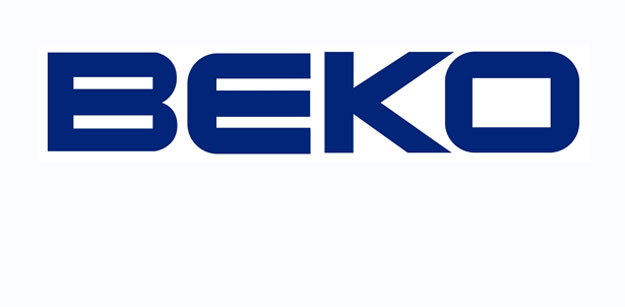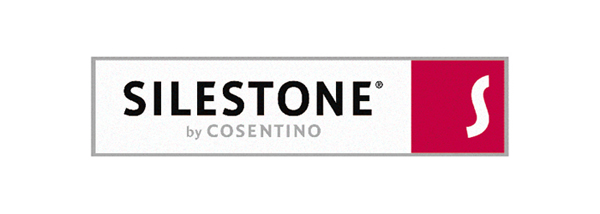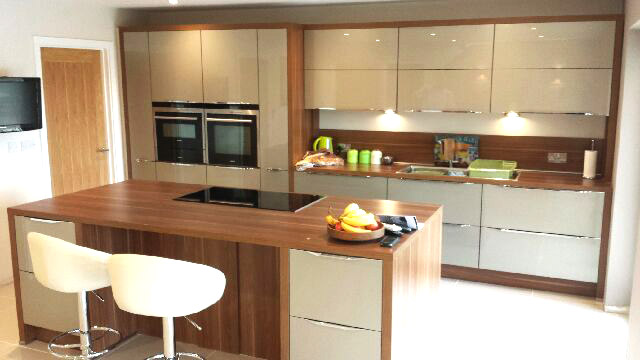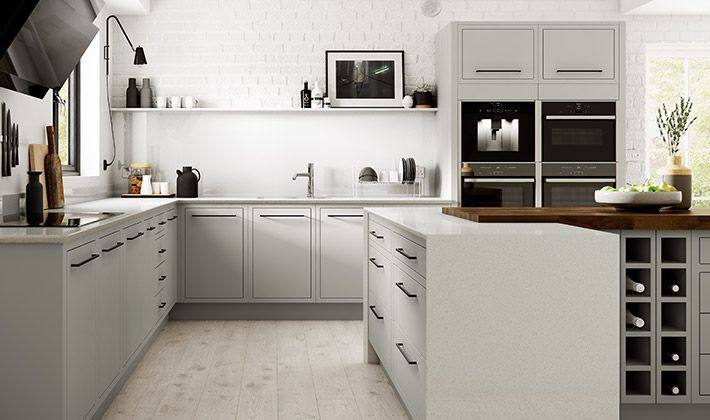Chef Ricardo Sanz and Xavier Torrents, an expert on innovation in gastronomy, have reflected on innovation in food service during a debate session organized by the Silestone Institute in collaboration with the Basque Culinary Center. The meeting revolved around Kirei by Kabuki, the first Japanese restaurant in a Spanish airport. The session was focused on innovation in food service from the point of view of business model, product and materials used in the restoration area.
Xavier Torrents stressed the importance of innovation in all areas of the organization. According to him, the success lies in transforming products and concepts in unique experiences. Some of the aspects to consider as the basis for innovation in gastronomy are: the model or concept of business, the space design (interior, workflows, layouts), the knowledge of the cuisine, the application of new technologies that enable new processes, the differentiation of the offer, the new customer service systems and the importance of the replenishment.
From the point of view of food trends, Torrents highlighted the low cost with good product, the rise of sandwiches, burgers, rips and cooked meats, the taste for all natural and hot tapas. He also said that it should not be forgotten that "people like fat".
The facilities must be modular and evolutionary. Cooking equipment must be small and circuits should considered the few number of steps as possible. With respect to the interior design he explained that the space should have lots of light and stressed the importance that the materials used are design to withstand great contrasts of hot or cold.
Santiago Alfonso explained how the use of latest generation materials can help to transmit the experience and sensitivity of the project of the restaurant at a design level and, at the same time, incorporate innovations that contribute to the safety and quality of the gastronomic offer. In this line, Cosentino "has tried to be very close to the needs raised in different restoration spaces both in individual restaurants as well as hotel chain restaurants. For each project we have had to deal with many challenges and work on various concepts such as thickness, fewer joints or cleaning and hygiene". Some of the restoration projects carried out with Dekton and Silestone surfaces, developed by Cosentino, are the restaurants StreetXo (Madrid), Dani García (Marbella), Mugaritz (Errenteria), creative space José Andres (Washington), Sergi Arola Gastro (Madrid), Lasai (Sao Paulo), Tuset (Barcelona), Hotel NH Palacio de Tepa Collection (Madrid), Ashahi (Almería) or the project of the Spanish Pavilion at the Expo in Milan.
Kirei by Kabuki, one of the best world restaurants in an airport
Ricardo Sanz and Xavier Torrents shared with the audience their joint experience in the creation of Kirei restaurant, the first Japanese restaurant in a Spanish airport, which has been developed by Areas for Kabuki Group.
Kirei is a restoration concept "casual fine dining," where you can taste the most characteristic of Kabuki in a less formal setting recipes. The Kirei concept adapts to different scenarios from a "travel channel" to hotels or on the street. The restaurant, located in the T4 of Adolfo Suárez-Madrid Barajas airport, has been considered the fifth best world restaurant in a survey among 13 million users in 550 airports around the world. Kirei has managed to move a complex product like Kabuki, keeping its essence and quality, to a small area where there are many rotation of people and clients have to eat in 20 minutes. According to Ricardo Sanz, the key to the success of Kirei has been to offer a quality product, always having the client in mind. To this, it must be added a good management of the space, secure maximum promptness, a very well worked mise-in-place (presence, good vessels, menu design...) and carry out a good training to personnel who, in this case, have made a great effort to learn a new cuisine: the Japanese.
Speakers:
Ricardo Sanz: chef and entrepreneur of the Kabuki Group. He is the creator of so-called "Kabuki Cuisine" which combines Japanese techniques with Mediterranean products and recipes. As entrepreneur, he has developed different culinary projects including restaurants Abama Kabuki and the take away Kotobuki.
Xavier Torrents: is an expert on food service innovation. It has been responsible for the design and implementation of different restoration projects such as the airport services of T4 of Madrid Adolfo-Suarez, the restaurants in Port Aventura or the food services of the Olympic Village of Barcelona 92. He was Technical and Innovation Director of Areas for 20 years.
Santiago Alfonso: is the Vice President of Marketing and Communication of Cosentino and Secretary General of the Silestone Institute
Silestone Institute: is an international platform dedicated to the research and dissemination of knowledge about the kitchen space, both professional and domestic. The Institute is an initiative promoted by Cosentino Group, a leading worldwide company in the production and distribution of innovative surfaces for architecture and design.
- Ethics: We encourage the development of a modern, advanced society without undermining fundamental ethical values.
- Non-profit: We operate on a non-profit basis and independently from institutions and agencies.
- Environmental Commitment: “Environment” and “sustainability” are key concepts in our efforts to promote the enhancement of comfort through innovation.
- Plurality of Views: We offer a meeting place for all opinions, to encourage reflection, debate, training and dissemination of knowledge.
- Accountability: We reinforce the sense of responsibility, both individually and collectively, to bear in mind that health and welfare depend on us all.
- Rigor: Our research is always conducted with the highest scientific and legal standards.
- Excellence: Our aim is to work with the utmost stringent and entrepreneurial spirit, responsive to society’s feedback to achieve excellence.




